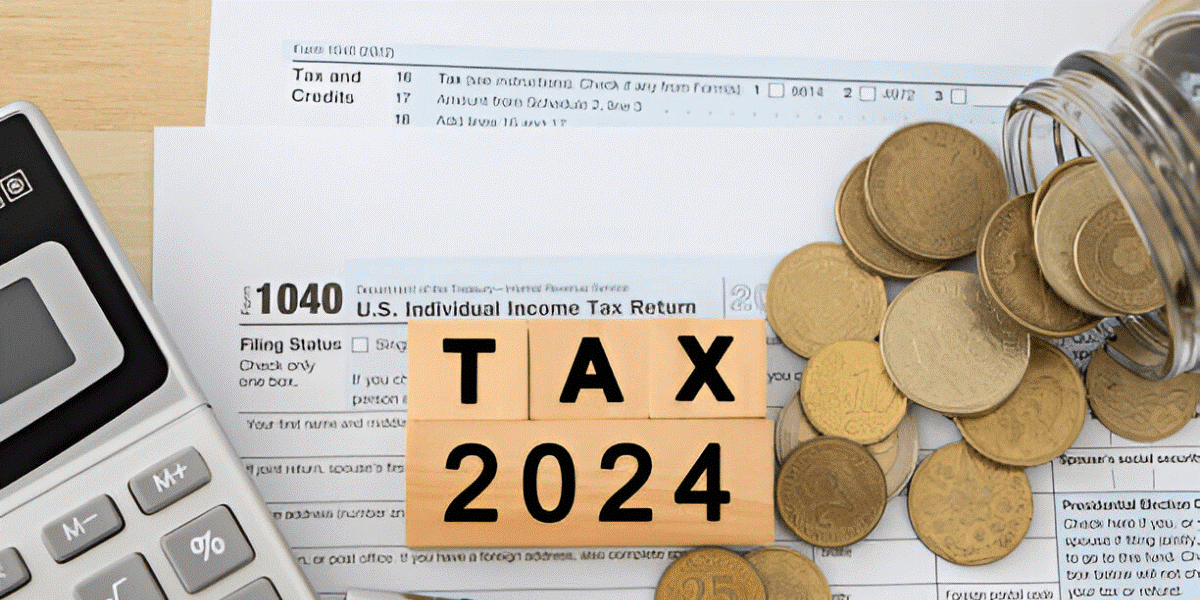Tax Accountability and Fairness Bill 2023: Everything You Need to Know
In a significant move aimed at reinforcing the integrity of the Australian tax system, the Treasury Laws Amendment (Tax Accountability and Fairness) Bill 2023 presents a series of comprehensive reforms.
This bill, pivotal in its scope and impact, targets key areas of tax regulation, from enhancing whistleblower protections to amending the workings of the petroleum resource rent tax. Here's an in-depth look at what the bill entails and its implications for businesses and individuals alike.
What is the Tax Accountability and Fairness Bill 2023?
The Tax Accountability and Fairness Bill 2023 is a crucial legislative proposal in Australia aimed at reinforcing the integrity and fairness of the national tax system. This bill, introduced in response to growing concerns over tax avoidance and the need for stronger regulatory frameworks, encompasses a range of amendments targeting key areas of tax law.
Key Features:
- Expanding Promoter Penalty Provisions
- Enhanced Whistleblower Protections
- Reforming the Petroleum Resource Rent Tax
- Increased Penalties for Non-Compliance
The Tax Accountability and Fairness Bill 2023 is a comprehensive measure that seeks to ensure greater accountability within the tax system, promoting fairness and transparency. It reflects a concerted effort to close loopholes in the current system and ensure that all entities contribute their fair share of taxes, thereby strengthening the financial foundation of the nation.
1. Expanded Scope of Promoter Penalty Provisions
A notable feature of the bill is the broadening of promoter penalty provisions under the Tax Agent Services Act 2009 and the Taxation Administration Act 1953. This amendment aims to intensify the crackdown on the promotion of tax avoidance schemes.
By expanding these provisions, the Australian Taxation Office (ATO) is empowered with greater authority to target and penalize entities involved in the propagation of such schemes.
2. Increased Protection for Whistleblowers
Under the new legislation, the Taxation Administration Act 1953 will be amended to extend whistleblower protections. This change is particularly significant as it includes individuals who disclose pertinent information to the Tax Practitioners Board (TPB).
The bill reverses the burden of proof for certain claims of protection, bolstering the security and encouragement for whistleblowers to come forward with crucial information.
3. Changes to the Tax Practitioners Board Register
The bill introduces amendments relating to the TPB Register and the TPB's delegation powers under the Tax Agent Services Act 2009. These modifications aim to enhance the transparency and functionality of the register, ensuring that it more effectively serves its purpose as a tool for both consumers and regulators.
4. Alterations to the Petroleum Resource Rent Tax
A critical aspect of the bill is the modification of the Petroleum Resource Rent Tax Assessment Act 1987. This change proposes to cap the proportion of petroleum resource rent tax assessable income that can be offset by deductions at 90 percent.
This adjustment is seen as a move to ensure that companies engaged in the extraction of petroleum resources contribute a fairer share of tax relative to their earnings.
5. Broader Application of Promoter Penalty Laws
The bill also widens the application of promoter penalty laws to encompass all ATO rulings, including public, private, and oral rulings. This ensures that entities cannot promote schemes under the guise of compliance with an ATO ruling when the scheme significantly differs from what is described in the ruling.
6. Enhanced Penalties for Non-Compliance
Significantly, the bill increases the maximum penalties for entities found to be in violation of the promoter penalty provisions. For entities other than a body corporate or significant global entity, the maximum penalty is set at 5,000 penalty units.
For a body corporate or significant global entity, this rises to 50,000 penalty units or three times the benefits received or receivable by the entity and associates of the entity in respect of the scheme.
7. Clarification of Tax Exploitation Scheme Definition
The definition of a tax exploitation scheme is further clarified to include schemes subject to the multinational anti-avoidance law (MAAL) or diverted profits tax (DPT). This broadening ensures that schemes falling under these categories are adequately captured by the promoter penalty laws.
8. Impact on the Mining and Energy Sector
A notable point of contention regarding the bill is its impact on the mining and energy sector. The bill's proponents argue that the amendments are necessary to ensure these industries pay their fair share of tax. However, critics warn that increased taxation could potentially hinder investment and profitability in these sectors.
9. Political Debate and Opposition
The bill has sparked considerable debate within the political sphere. Critics, particularly from the opposition, argue that the bill imposes excessive taxation on the offshore industry, which could have far-reaching consequences for investment and job creation.
They emphasize the importance of maintaining a balance between fair taxation and fostering a conducive environment for industrial growth.
10. Future Implications
The passing of the Tax Accountability and Fairness Bill 2023 could mark a significant shift in Australia's tax landscape.
The bill's focus on tightening regulations around tax avoidance, enhancing whistleblower protections, and ensuring fair taxation from high-earning sectors reflects a broader commitment to tax fairness and integrity.
Conclusion
The Treasury Laws Amendment (Tax Accountability and Fairness) Bill 2023 represents a decisive step in Australia's journey towards a more robust and equitable tax system.
While its reception has been mixed, the bill's comprehensive approach to addressing loopholes, safeguarding whistleblowers, and ensuring fair tax contributions from all sectors demonstrates a clear intent to reinforce the principles of accountability and fairness in the Australian tax landscape.
As the bill progresses through parliament, its implications will be closely monitored by businesses, policy makers, and accountants in Australia.
Disclaimer:
The content of these blog posts is intended to be of a general nature and should not be construed as tax or any other form of advice. We do not guarantee the accuracy or completeness of the information provided in these blog posts. It is imperative that you consult with a qualified professional, such as a certified accountant at Tax App, before taking any action based on the advice or information contained herein. Your specific financial and tax situation may require personalised guidance, and a professional consultation is recommended to ensure compliance with applicable laws and regulations.
Get Started with Us
Connect with Australia’s most innovative accountants today. Fill out our contact form, and let’s discuss how we can help you achieve your financial goals. Together, we’ll create a tailored action plan that maximises your tax savings.
Awards!
⭐⭐⭐⭐⭐















